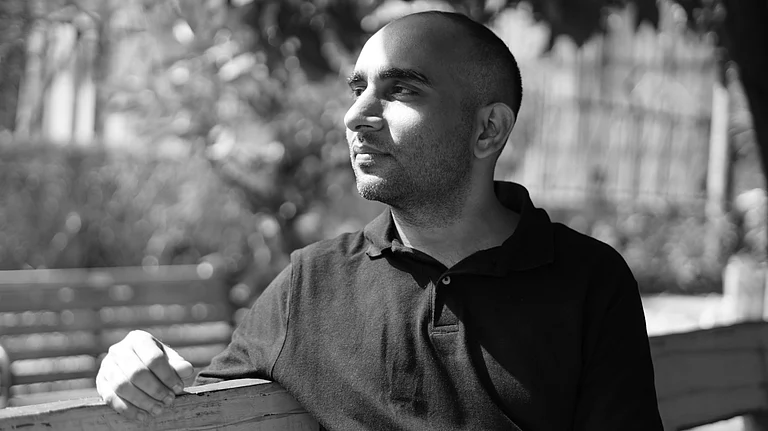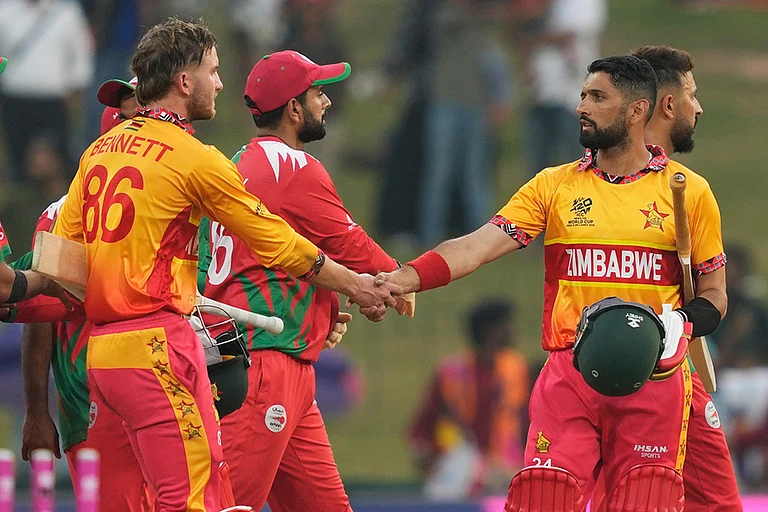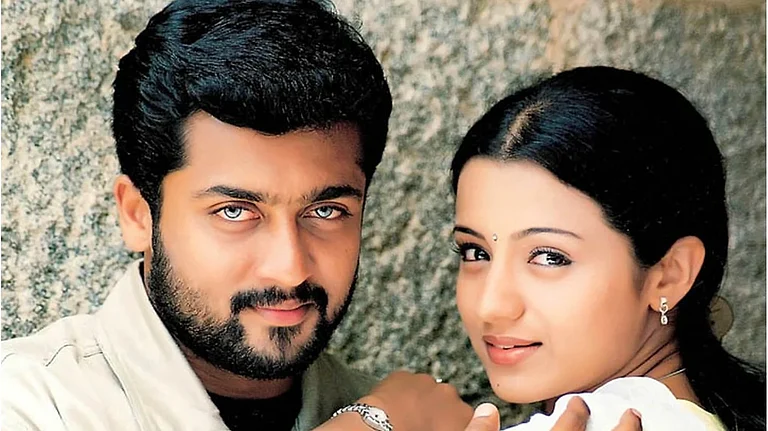THE reports came in thick and fast. "Seshan-phobia grips elections." "EC fear quells poll fervour." From constituency after peaceful constituency, the refrain was familiar: tight budgets, clean walls, noise-free nights. As the curtain comes down on the most colourless campaign yet, the swarthy chief election commissioner must be snarling to himself: "Damned right, nothing unofficial about it, too."
Admittedly, the Great Indian Democratic Circus has travelled a long way under the rotund ringmaster. But Elections '96 was no one-man show. Sure, T.N. Seshan held the whip, but carrying out his diktat in all 536 constituencies were his trapeze artistes, the observers: hundreds of handpicked IAS and IRS officers who were the "eyes and ears but not the mouths" of the Election Commission. Says an Andhra Pradesh officer who did duty in Rajasthan: "It was a tough balancing act. Our brief was superintendence. We could not be very passive. Nor very active."
Appointed under the EC's plenary powers, the observers—each with eight to 10 years' experience—were of two kinds. The general observers watched out for candidates luring voters with cash, liquor and other inducements, misusing and preaching from places of worship, and putting up banners and posters and holding meetings in violation of municipal laws. And the expense observers kept tabs on the candidates' spending. Each was sent to a constituency he/she had never been posted in before and each was armed with a copy of the Model Code of Conduct that has put the 'fear of the unknown' into our polity.
The lack of knowledge of the local milieu was at once the weakness and strength of the observers. Says a Bihar officer who went to Punjab: "Local officials could well have done what we did—check the misuse of official machinery and the abuse of money and muscle power. But in the past, they had been partisan at best and working in collusion with vested interests at worst." For some, going to uncharted territory was fun. A Karnataka officer who has been posted to Kashmir says he would have probably never gone there but for Seshan.
Without statutory powers to act, all that general observers did was guide the district authorities and report back to the EC. On occasions, they solved problems themselves. When banners and posters of a candidate sprung up all over a Kerala constituency, the observer gave the candidate time to remove them, or else. They were removed. Says the official: "In normal times, they would have ignored us." The expense observers were not only empowered to check the accounts but allowed to make independent estimates. If the difference was glaring, they had the power to act.
Each observer made three trips to his constituency. The first to acclimatise himself with the constituency and see if the district and police authorities were geared to conduct the poll and if the Model Code was in force. The second trip was made 48 hours before polling. The last was to be made 24 hours before counting began. Each visit was publicised in the local press although in constituencies like New Delhi, mindful of its ad spend, the EC had to advertise in local circulation dailies.
Seshan says the move worked: "The campaign was quiet; life went on undisturbed." Barring stray cases of violence, the nation saved Rs 1,600 crore. Although a phenomenal 14,000 candidates took part this time—with about a tenth of them being serious runners—the chief election commissioner says they together spent Rs 400 crore against the Rs 2,000 crore they would have pumped out in the normal run.
Although the spending limit is Rs 4.5 lakh, Seshan himself admits that serious candidates could have spent anywhere up to Rs 20 lakh each. But expense observers say the figure was much higher—between Rs 75 lakh and Rs 1 crore in each constituency and Rs 25-30 lakh in reserved constituencies. One sitting MP in Andhra Pradesh told an observer: "What is Rs 4.5 lakh for me to secure a Lok Sabha seat when my son will fetch me Rs 1.5 crore in dowry?"
Cynical candidates and parties, however, say that the EC itself spent more than what candidates did to ensure a fair election. Each action of each candidate in each constituency was video-graphed by six to eight teams in a bid to gather incontrovertible proof of their doings. At between Rs 3,500 and Rs 5,000 for a 12-hour day for a 20-day campaign, that alone came to Rs 600 crore.
Even so, it was worth it, say observers. Besides ensuring a fair and peaceful poll, overall they found that: that the EC itself
The tight spending limits are taking parties and candidates to the people. Local elected representatives are assuming pivotal roles. Every vote has to be earned.
But observers say the EC should not rest on its laurels and act to strengthen the Model Code which by its very nature is powerless. It's not a piece of legislation, just a set of guidelines of dos and don'ts without any legal standing. All that the officers have at their disposal are the Representation of the People Act, 1951, select provisions in the Indian penal code which deal with election offences, and relevant police and municipal laws. Seshan, they say, had five years to get himself more teeth, but didn't. Or couldn't.
Result: there are areas where the EC seems helpless and all it can do is issue strictures. But one observer in New Delhi says any action, even a censure, is good: "The candidate's fortune begins to change the moment a small offence which goes against the code is reported. Tomorrow, if the defeated candidate wants to challenge the election, he has a readymade case. Fairplay is imperative."
Although Seshan's methods have yielded results, poll officials point out that it won't take long for inscrutable politicians to find their way around. One bureaucrat, who served as returning officer in Karnataka two years ago, said he found trained consultants helping candidates circumvent the model code without pain. Notes the officer: "The EC is only acting on the nerve of the candidates. The code is working on fear. But as any political illiterate will tell you, systems don't work on fear. Systems need trust. What Seshan has ushered in is an individual revolution not a systemic revolution."
Despite the obvious gains, observers report one area of concern: voter turnout. "No poll propaganda visible anywhere, no wall writing, no posters on walls, few vehicles carrying party flags and loudspeakers," began one official's report to the EC. The pundits say this will keep voters away from booths and keep them ignorant. "It was like holding elections under an emergency," says a Gujarat observer. "Is our system so good that only half the people need to vote? And don't know who to?"
Seshan says there is no cause for worry there. Voters, he says, are eager and aware. But as an observer in Punjab points out: "We're using a system of symbols which presumes our electorajte is illiterate. Such a situation calls for more publicity not less." The EC admitted as much when it urged Doordarshan and AIR to announce candidates and show their ballot papers.
But most observers agree that the need is to make the code watertight. Says an observer: "The necessity that churned up a drop of nectar called Seshan is more due to an accident than a calculated design. A large democracy with teeming millions aspiring for a clean electoral system cannot and should not depend on accidental events for survival."






















